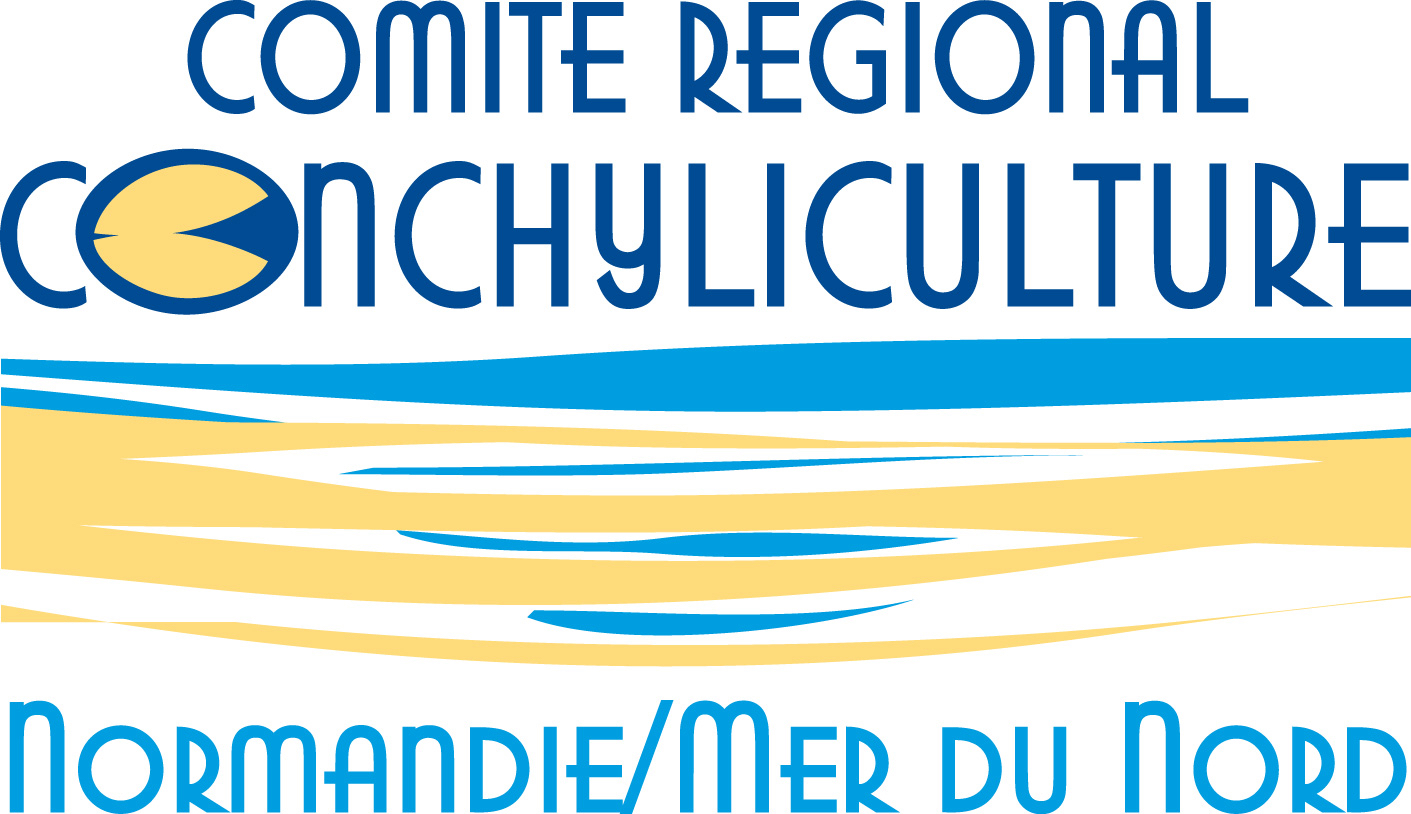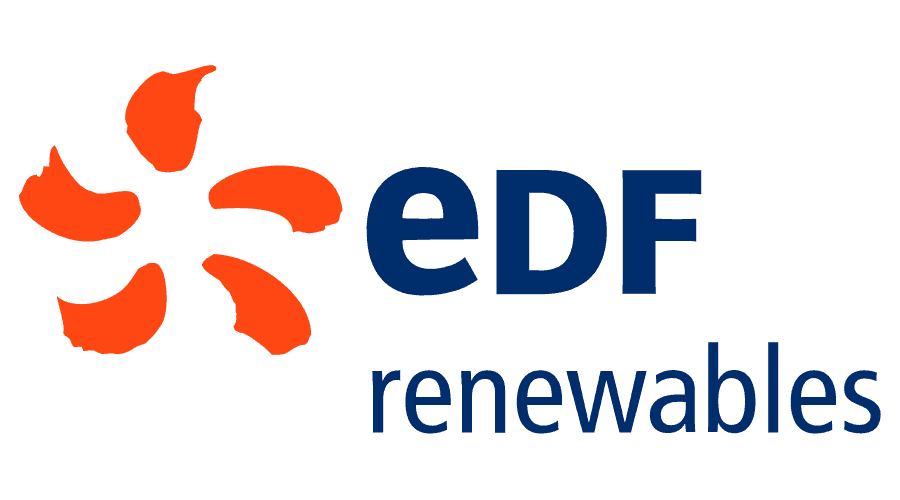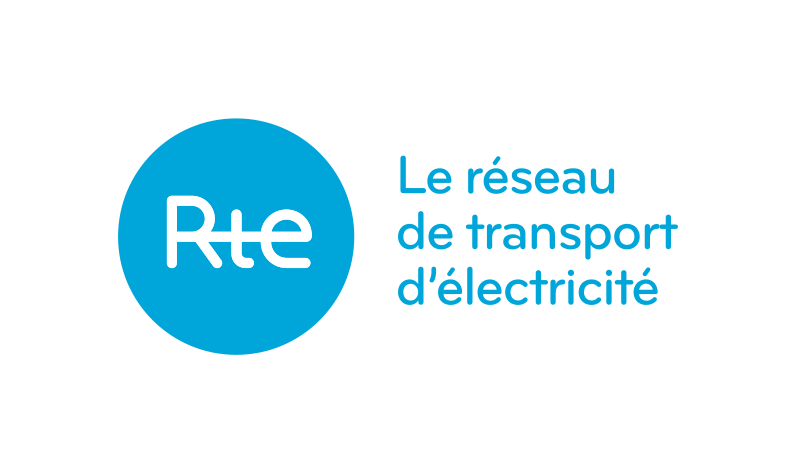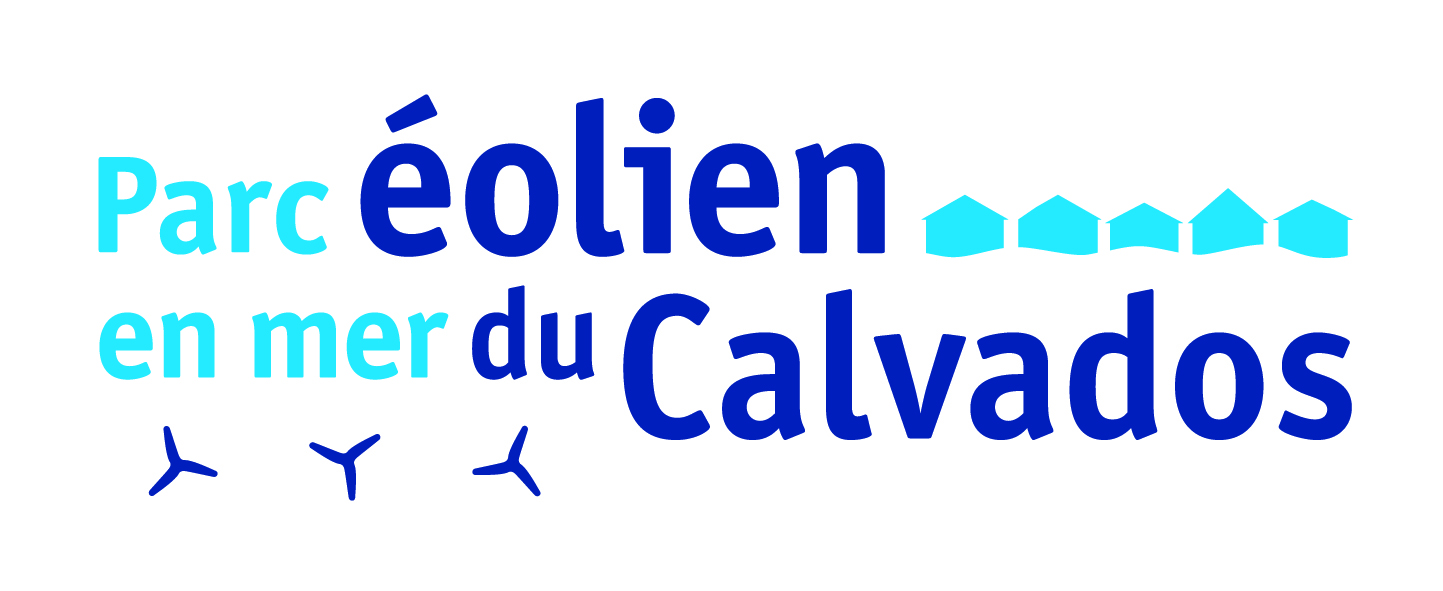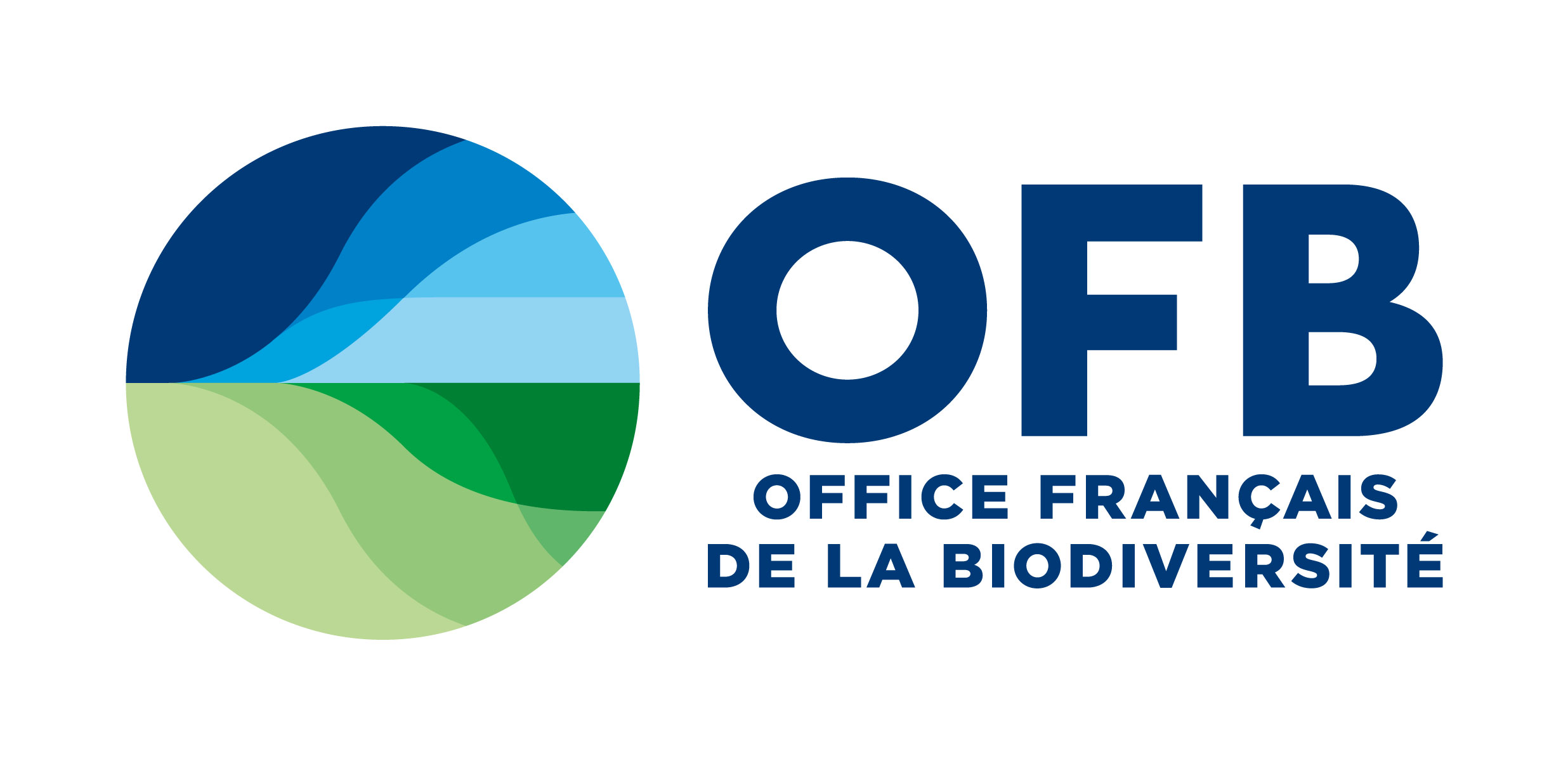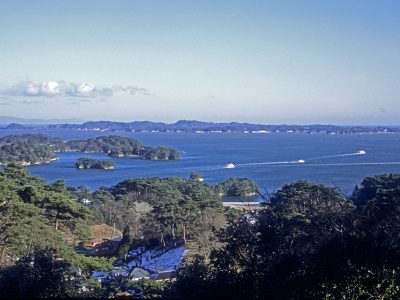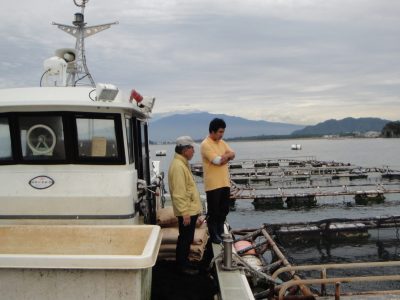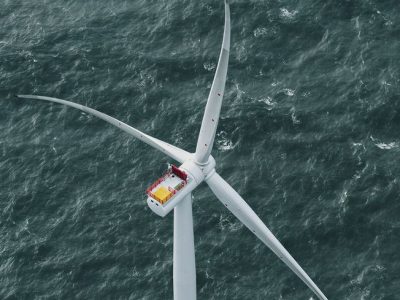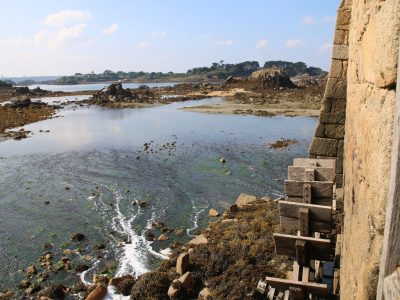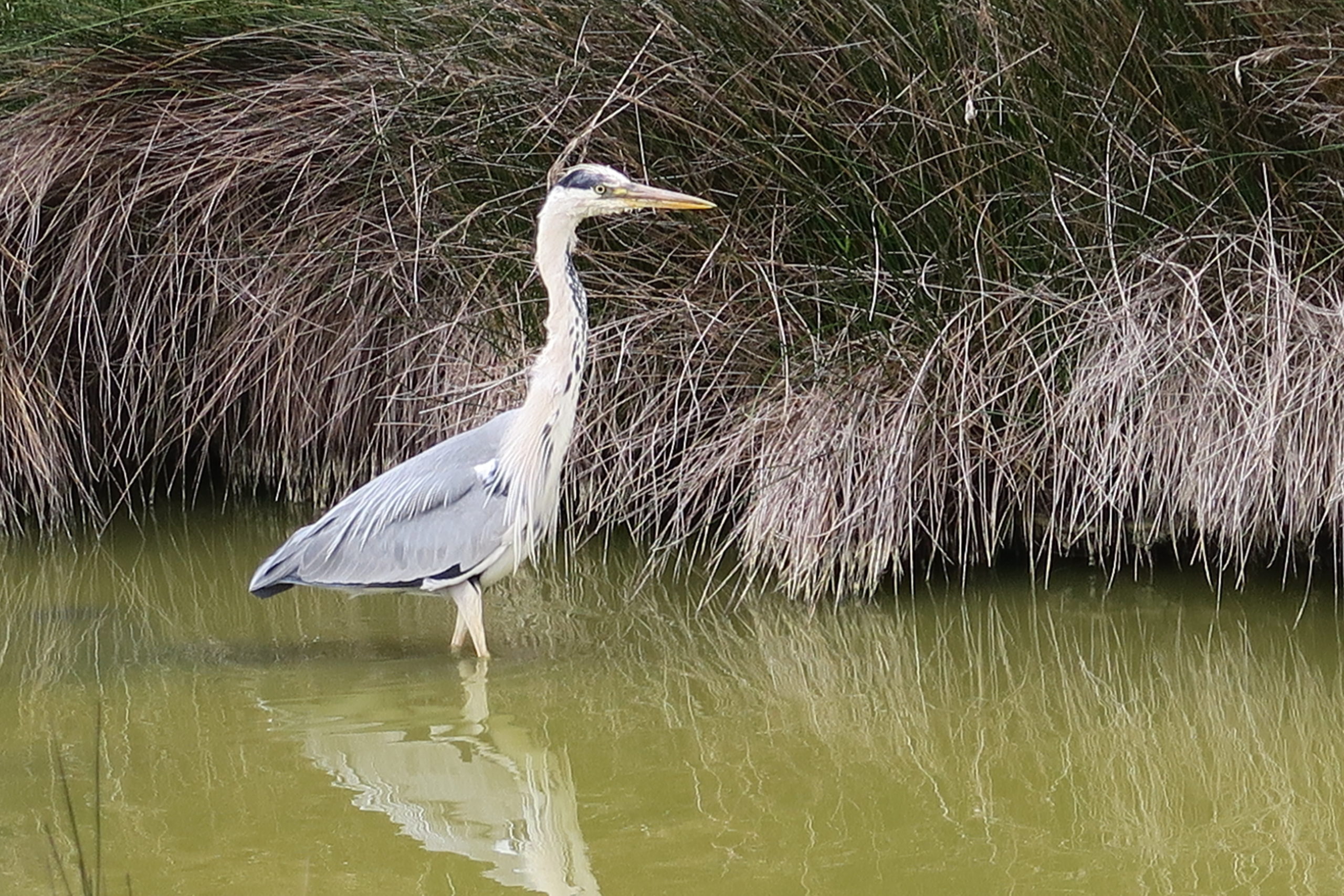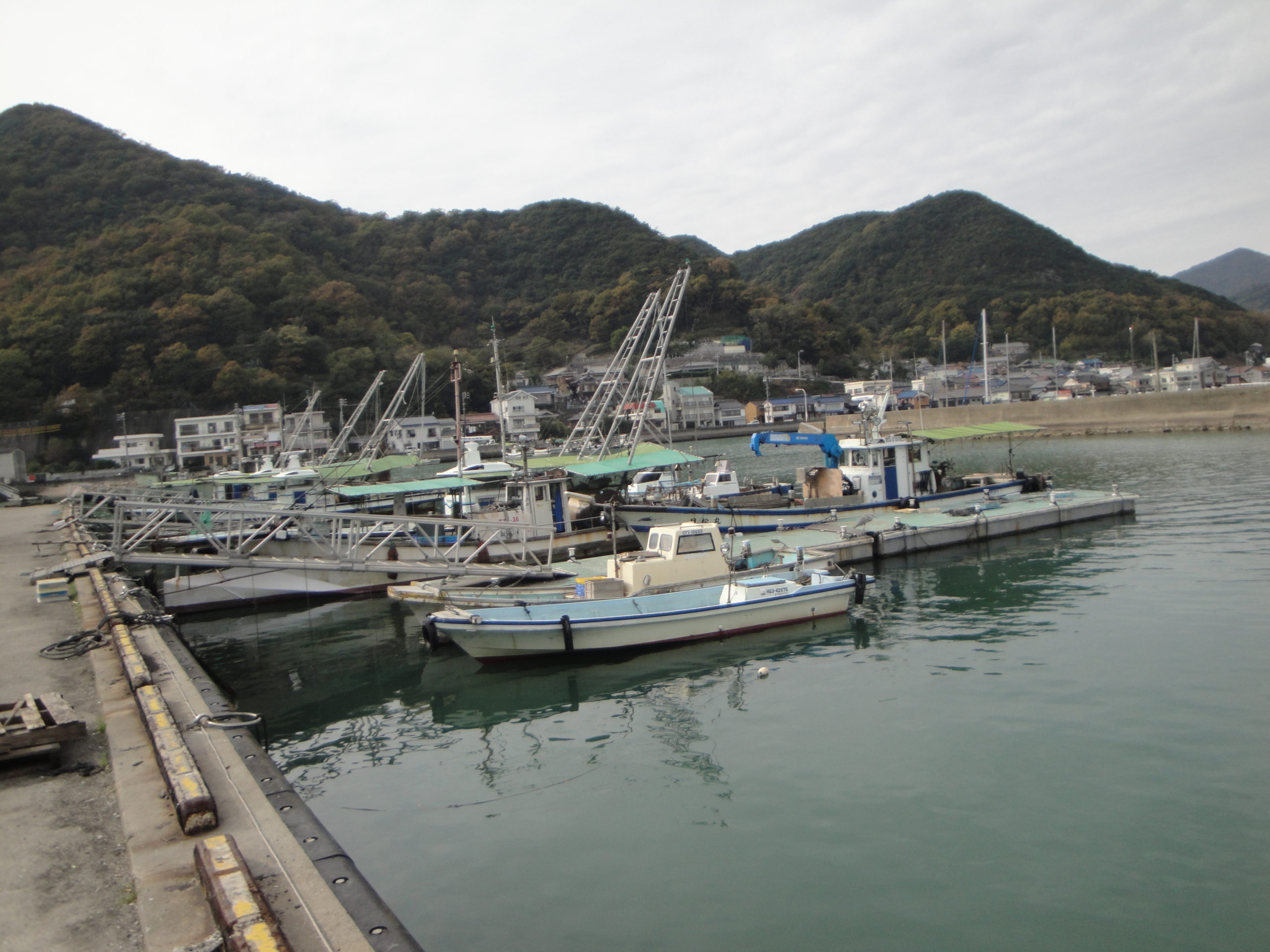COAST CAEN 2023 - Between Land and Sea -
International Conference on Oceanography and 19th French-Japanese Symposium of Oceanography
Constraints and adaptations to global change at the land-sea interface. For a shared ecological and energy transition Caen Normandy University - From the 24th of October to the 27th of October 2023
International conference
Coastal or semi-enclosed seas, coastal or interface zones between land and sea are areas widely coveted by numerous human activities. These activities do not assess the effects and impacts of their cumulative pressures on the natural environment: coastal development, tourism, terrestrial pollution, maritime transport, dredging and piling, extraction of marine aggregates and development or planned development of marine wind farms or tidal turbines. In this context and despite the high productivity of these ecosystems, fishing
and shellfish farming, which also exert their own environmental pressures,
have some difficulties in ensuring their sustainability in an increasingly man-made environment and generating increasingly exacerbated conflicts of use.
The symposium will address some aspects of resilience (via their capacity to adapt to global change) of these coastal ecosystems and adaptation of human communities to climate change in a context of
full use of natural resources.
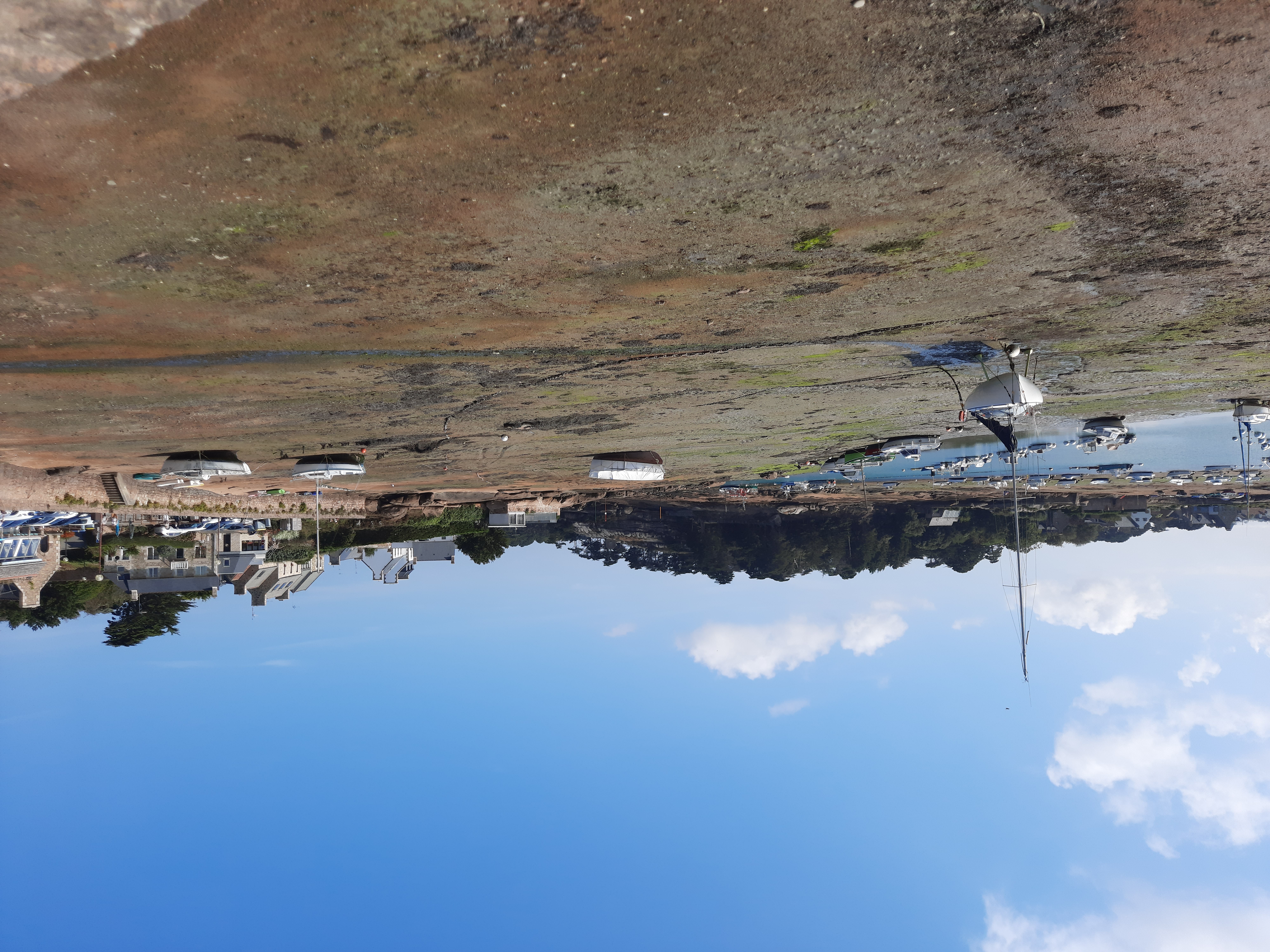
Vulnerability and resilience of coastal socio-ecosystems to global change (includingaquaculture and fisheries production systems).

Development of marine renewable energies and impacts on socio-ecosystems.

Deposit and deficit in sediment: coastline protection and coastal development.
19th French-Japanese Symposium of Oceanography
In these highly anthropized environments, with areas that are fiercely contested by numerous users, traditional or new fisheries and aquaculture have difficulty in maintaining themselves and, a fortiori, in prospering. However, their maintenance and development are essential to ensure the well-being and nutrition of human populations. Thanks to their supply of local, fresh and highly diversified products, these activities make it possible to maintain processing and gastronomic practices that ensure the particularity of our coastal and marine ‘terroirs’, strongly emphasising the Nature-Culture link within the socio-ecosystems of the sea and the littorals. The maintenance and development of these enterprises are indicators of the quality of an aquatic environment that is increasingly under pressure
from urban, tourist and industrial activities, which strongly affect transitional waters and coastal zones, important nursery areas for many marine species. Climate change, as currently observed, requires a much more decarbonised production of energy that shifts towards an increase in the production of wind energy in offshore waters or near the coast. For the last twenty years, in Northern Europe, offshore wind farms have been developed near coastal
areas (Denmark, with the first wind farm installed in 2002; Great Britain, with the largest number of wind turbines in Europe). These farms are often located in areas that are already intensively used: maritime transport, dredging, material extraction, tourism, fishing, shellfish farming….. It is important to know how this cohabitation between offshore wind development and traditional fishing and aquaculture activities, which are important for the development of local communities, will be achieved without directly or indirectly affecting the maintenance of these primary production activities. The sustainability of fishing and aquaculture activities is already strongly affected by the artificialisation of these coastal areas and in many interface zones. The development of offshore wind power must take this situation into account by not further penalising the development of these coastal activities and be part of a dynamic that professional fishing defines as a responsible fishing and aquaculture activity including three objectives: to provide the greatest number of people with quality seafood products; to ensure environmental monitoring and to contribute to the management of resources and ecosystems within a framework that brings together all expert knowledge (academic and traditional).
NEWS
SPONSORS





